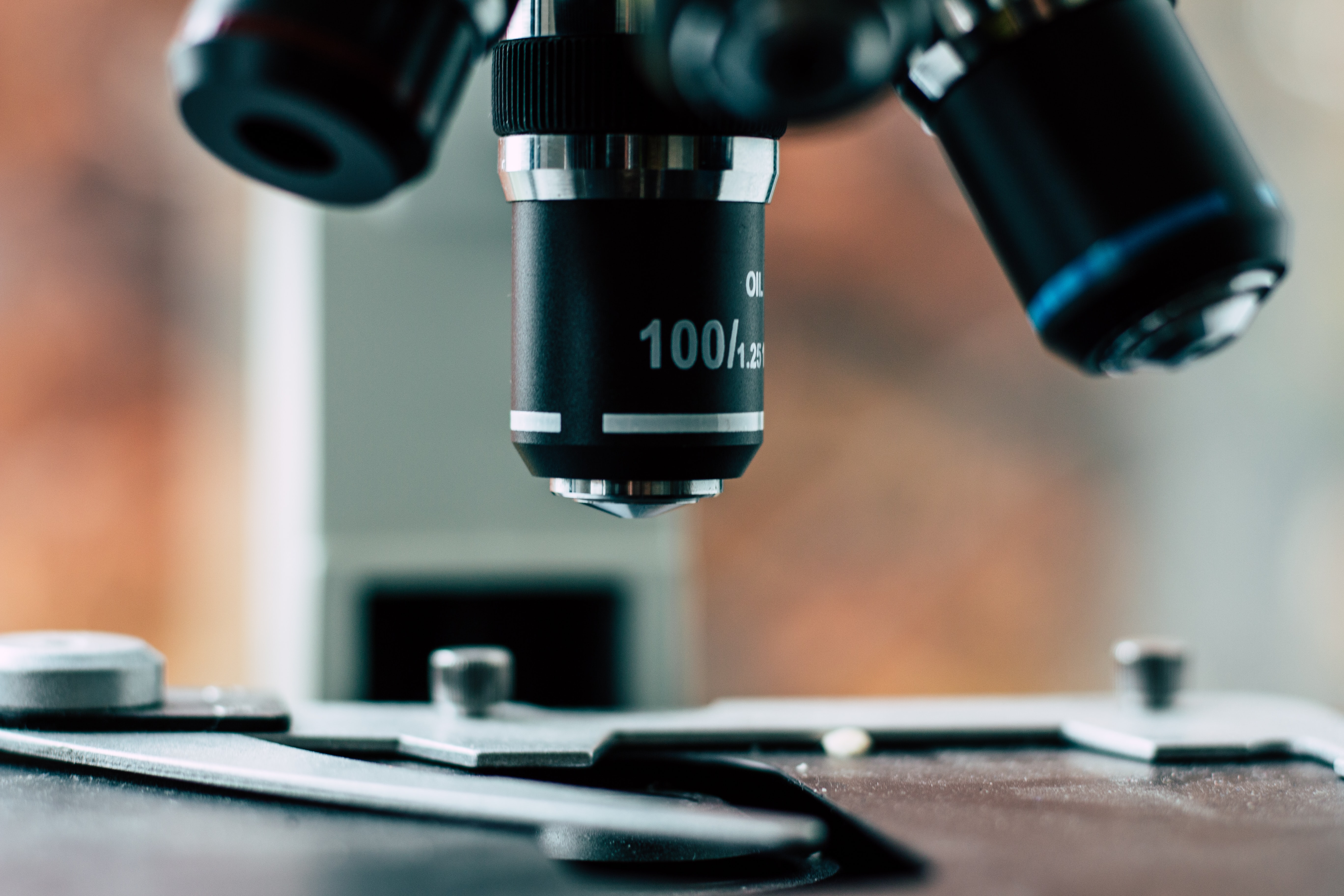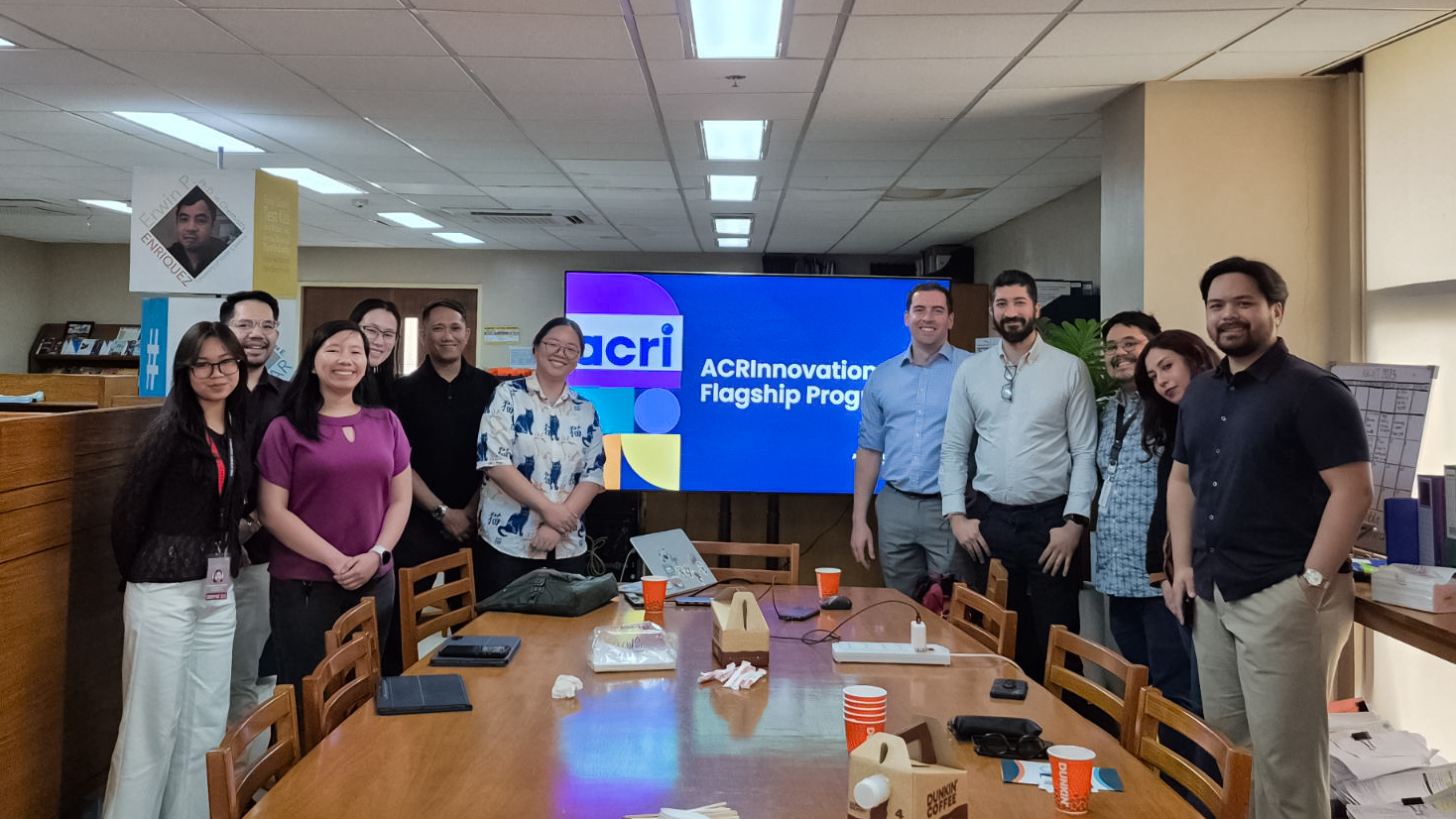
DOST-PCHRD supports AMPLiFieD System to ease bottleneck in COVID-19 testing
The Department of Science and Technology through the Philippine Council for Health Research and Development (DOST-PCHRD) supports the “Accelerated development of a cost-efficient microPCR (miPCR) and lateral flow diagnostic (LFD) system to enable expanded near-point-of-care testing for COVID-19” or the AMPLiFieD System to be developed by a multi-disciplinary team of biologists, clinicians and engineers led by Dr. Jeremie de Guzman, Dr. Keith Moore, and Mr. Ricardo Jose S. Guerrero, PhD Cand from the Ateneo Research Institute for Science and Engineering (ARISE). Dr. Jeremie de Guzman is Research Faculty at the ACRI.
As the Philippines hopes to transition from the COVID-19-induced community quarantine to the new normal, it is imperative that targeted mass testing is in place in order to contain further spread of the SARS-CoV2 virus. While national and local efforts to source diagnostic kits have been successful, there is an imminent testing bottleneck in the country due to the lack of capable qPCR instruments on which to run these specialized kits.
Recognizing this problem, the Department of Science and Technology through the Philippine Council for Health Research and Development (DOST-PCHRD) has signified support to the “Accelerated development of a cost-efficient microPCR (miPCR) and lateral flow diagnostic (LFD) system to enable expanded near-point-of-care testing for COVID-19” or the AMPLiFieD System to be developed by a multi-disciplinary team of biologists, clinicians and engineers led by Dr. Jeremie de Guzman, Dr. Keith Moore, and Mr. Ricardo Jose S. Guerrero, PhD Cand from the Ateneo Research Institute for Science and Engineering (ARISE).
The AMPLiFieD system will combine the outputs of two newly-initiated DOST-PCHRD supported projects ---the miPCR Project, a microfluidic PCR device for portable DNA/RNA amplification and the ADDS Project, an amplified DNA detection system based on low-cost lateral flow diagnostic (LFD) strips to selectively detect the viral nucleic acids that are the output of the miPCR device.
Once the team has fabricated the proof of concept devices, further validation and verification of these devices will be conducted to ensure reliability and robustness. If successful, AMPLiFieD could provide a functional alternative to commercial qPCR instruments at a significantly lower cost and a much smaller size. The availability of this alternative system can also potentially lead to creating more cost-effective, more distributed testing laboratories and provide the much-needed testing infrastructure for more responsive testing and tracing of suspected COVID-19 cases.
-

ACRI, ARISE convene global health leaders to map next steps for Philippine innovation
QUEZON CITY — August 8, 2025. The Ateneo Center for Research and Innovation (ACRI), in partnership with Unsilo, Inc. and the Ateneo Research Institute of Science and Engineering (ARISE), hosted an exploratory roundtable with international stakeholders to chart practical pathways for accelerating health innovation from campus to clinic.
-

Intelligent Sensors and Monitoring System for Low-cost Phototherapy Light for Jaundice Treatment
A prototype of a low-cost phototherapy light system (LPLS) was deployed by the Ateneo Innovation Center (AIC) at a public hospital in Metro Manila, Philippines.
